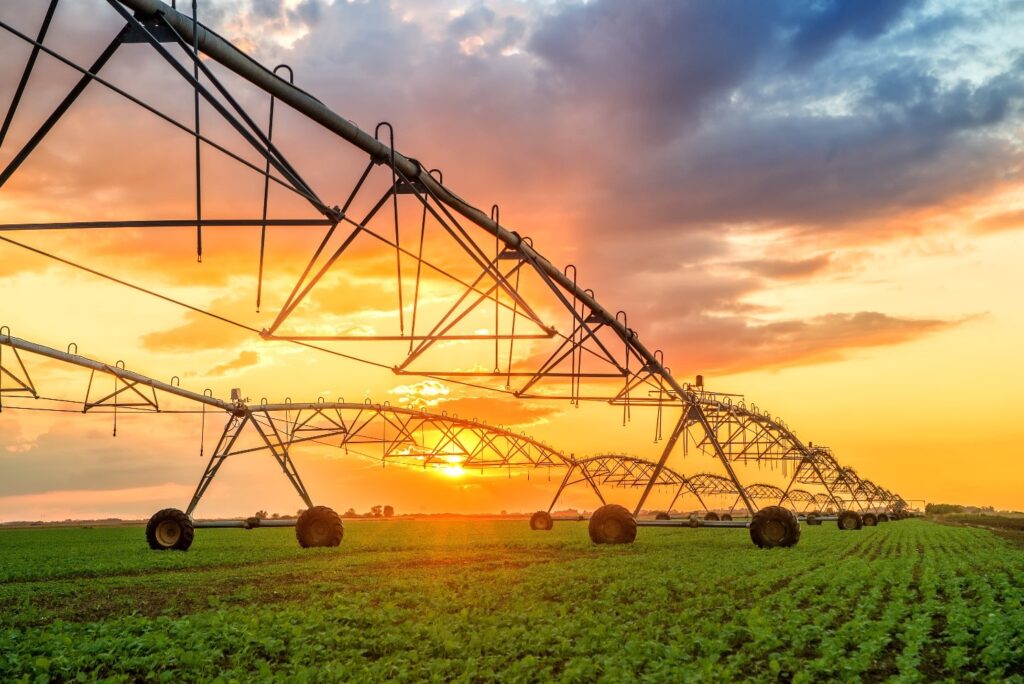Collaborative research highlights practical ways farmers can adapt to climate change
30th May 2023
With the frequency of extreme weather events on the rise, there is an increasing need for agriculture to build resilience against climate change, which has been the focus of research carried out by ADAS and the Met Office Hadley Centre to identify ways farmers can adapt their practices to the changing climate.
Funded by Defra’s climate service on food, farming and the natural environment, the aim of the research was to highlight low-cost, high-impact measures that can be easily implemented by farmers to prepare for future drought and extreme heat while strengthening the UK’s food security.
The findings of the research will also be considered by the government as it improves the resilience of the agricultural sector within the National Adaptation Programme.
ADAS Climate and Sustainability director Charles Ffoulkes said: “The work builds on ADAS research in 2008, which identified 124 adaptation options to build resilience across a range of climate hazards, including hot and cold events, droughts, floods and storms, across a range of agricultural sectors.
“This new research in partnership with the Met Office examines adaptation within the context of drought and water scarcity, extreme heat and heat stress and wildfires.
“In this study, we have highlighted adaptation measures that have a high impact, are easy to implement and come at only a low or moderate upfront cost – the ‘quick wins’ to help agriculture adapt to our changing climate.”
The actions put forward by ADAS are based on its review of recent scientific literature and assessment of the impacts of higher temperatures and reduced rainfall on food production. The list of adaptation measures was then scored against cost, impact and ease of implementation criteria to prioritise those that could be easily taken up by the farming community.
Short-term actions identified by the research include avoiding harvesting during the hottest parts of the day to reduce the risk of harvester fires, sheltering livestock indoors to avoid heat stress and transporting animals at night when temperatures are cooler.
Whereas, longer-term opportunities included moving to deeper rooting forage species to maintain grazing, changing crop varieties or livestock breeds to those with increased resilience, and investing in better ventilation systems within horticultural and livestock buildings.
“These results could be used to create clear messaging that helps farming by highlighting the adaptation measures available to overcome the impacts of climate change,” Mr Ffoulkes said. “This needs to initially focus on those that are easy to implement, how low the costs are and how high the impact can be.”
Tom Crocker, science manager of the Met Office Climate Security team, said the findings provide valuable insights to Defra policy makers and offer practical solutions for government, industry and farm businesses.
“This can be used to inform decisions that support agricultural policy. Adapting to the impacts of more frequent extreme heat and drought during the summer months is vital for the livelihoods of farmers and for the country’s ability to produce food,” he concluded.

